
Broschiertes Buch
23. Januar 2025
Verlag Unser Wissen
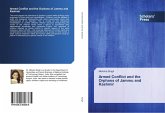
Broschiertes Buch
29. November 2017
Scholar's Press
Broschiertes Buch
23. Januar 2025
Ediciones Nuestro Conocimiento
Broschiertes Buch
23. Januar 2025
Edizioni Sapienza
Broschiertes Buch
23. Januar 2025
Editions Notre Savoir
Broschiertes Buch
23. Januar 2025
Edições Nosso Conhecimento
Ähnliche Artikel

Broschiertes Buch
28. November 2022
Verlag Unser Wissen

Broschiertes Buch
im Kerngebiet des Virunga-Nationalparks: Ursachen und Auswirkungen
7. Februar 2022
Verlag Unser Wissen
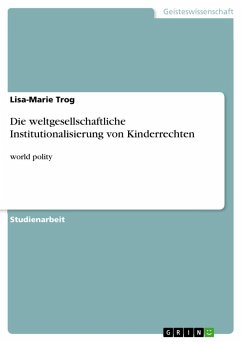
Broschiertes Buch
world polity
3. Aufl.
26. Februar 2015
GRIN Verlag
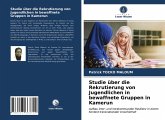
Broschiertes Buch
Aufbau inter- und intrakommunaler Resilienz in einem Kontext transnationaler Unsicherheit
28. April 2021
Verlag Unser Wissen
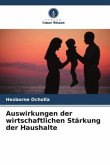
Broschiertes Buch
18. Januar 2023
Verlag Unser Wissen

Broschiertes Buch
Interdisziplinäre Ansätze in Flucht- und Migrationskontexten
1. Aufl. 2021
8. Mai 2021
Springer Fachmedien Wiesbaden / Springer VS / Springer, Berlin
978-3-658-28340-7
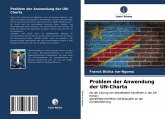
Broschiertes Buch
bei der Lösung von bewaffneten Konflikten in der DR Kongo ;bewaffnete Konflikte und Massaker an der Zivilbevölkerung
14. Juni 2021
Verlag Unser Wissen
Ähnlichkeitssuche: Fact®Finder von OMIKRON
